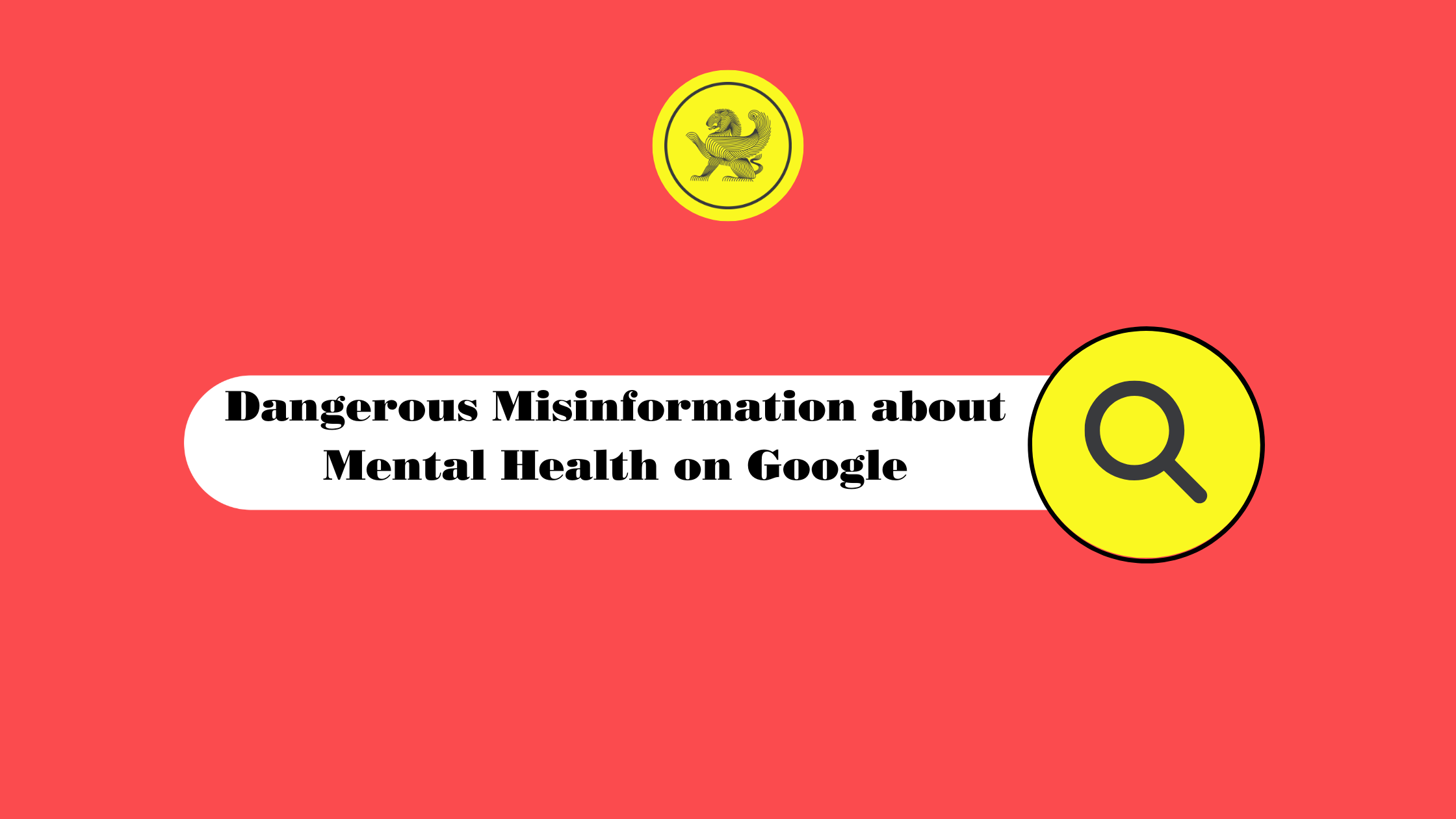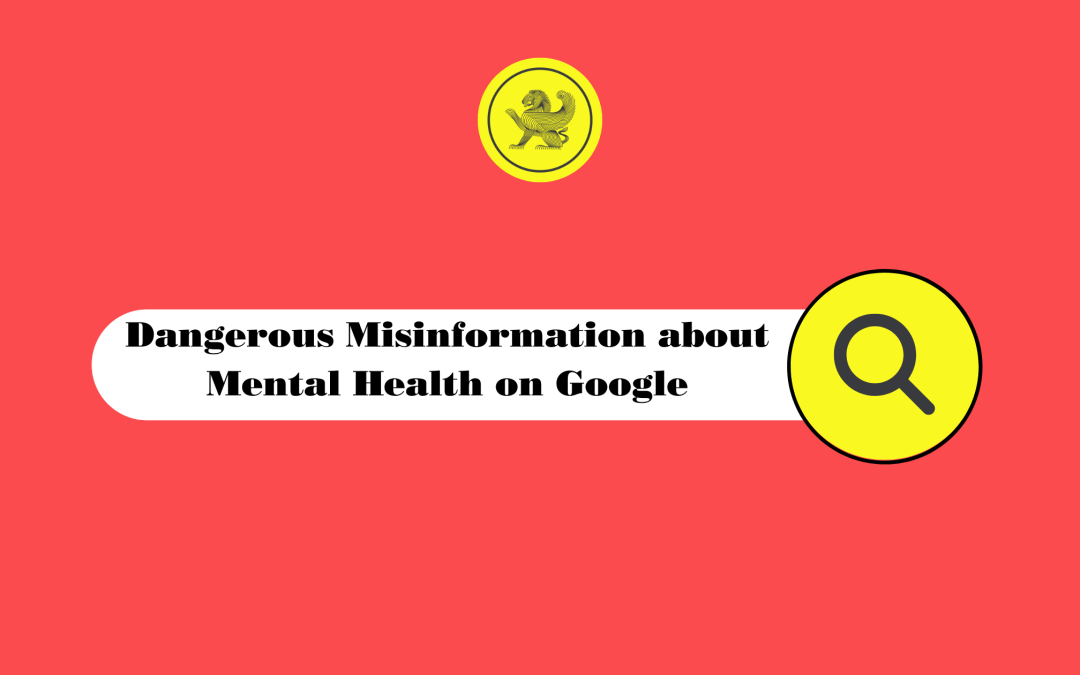CREDITS
By Dr Melane van Zyl
We all know (and sometimes trust) Dr. Google.
I have asked CHAT GPT to list some of the worst online advice. This list is quite “mild” compared to what I have read/ been told by patients and family members.
1. Self-diagnosis and self-treatment: The idea that individuals can accurately diagnose and treat their own mental health conditions based solely on online quizzes or anecdotal information. This can lead to misdiagnosis, lack of proper treatment, or inappropriate self-treatment.
2. Stigmatization and Stereotyping: Misinformation that reinforces stereotypes, such as:
- People with mental illnesses are dangerous or violent.
- Mental health issues are a sign of personal weakness or a character flaw.
- Only “crazy” people need therapy.
3. Minimizing Mental Health Issues: Claims like:
- “It’s just a phase.”
- “You can snap out of it if you try hard enough.”
- “Everyone feels that way sometimes.”
4. Dangerous Treatment Recommendations: Promoting unproven or harmful “cures” or treatments for mental health conditions. This can range from bogus dietary supplements to more dangerous practices like “conversion therapy” for LGBTQ+ individuals.
5. Mental Health and Violence Link: The misleading idea that most people with mental health conditions are prone to violence which exacerbates stigma and fear.
6. Oversimplification of Causes: The notion that mental health conditions are solely due to a singular reason, like diet, willpower, or recent life events, neglecting the complex interplay of biological, psychological, and environmental factors.
7. Discrediting Medications: Spreading beliefs such as:
- Psychiatric medications are a ploy by “Big Pharma” to control or numb the population.
- All psychiatric medications are harmful or addictive.
- Antidepressants make people feel “zombie-like.”
8. Mental Health Conditions are a “Western” Construct: This viewpoint discredits the universal nature of mental health issues, making it seem like a cultural invention rather than a genuine human experience.
9. Mental Illnesses Aren’t Real: Denying the existence of certain conditions or suggesting that they are just made up.This misinformation can prevent individuals from seeking appropriate help, worsen their conditions, or isolate them due to societal stigma. It’s crucial to critically approach mental health information and seek advice and guidance from trained professionals and trusted health organizations.
For more (correct) information, visit my website


